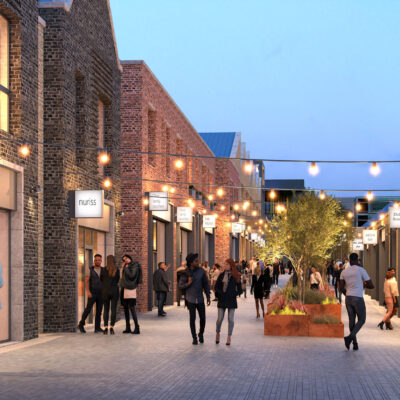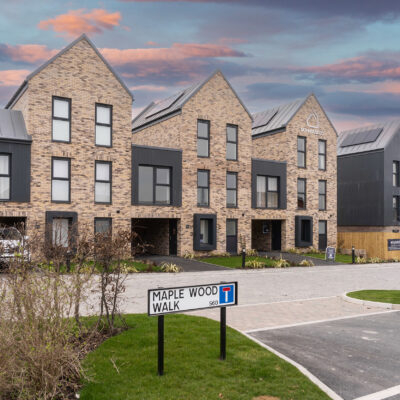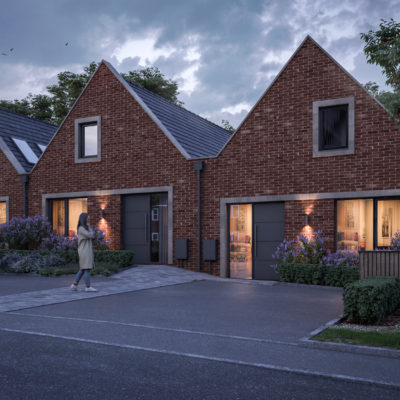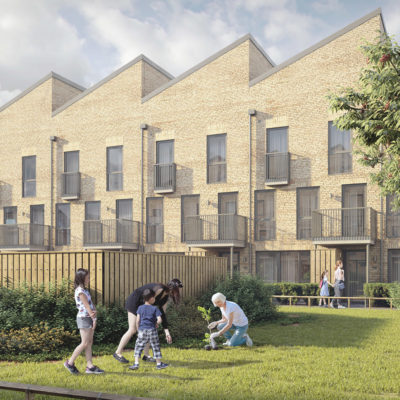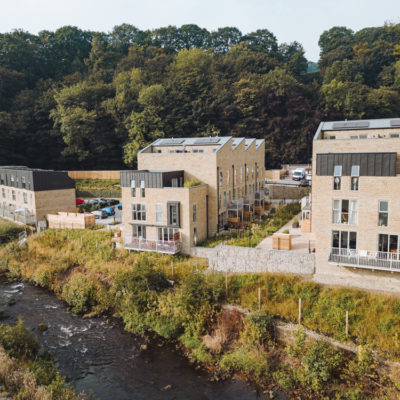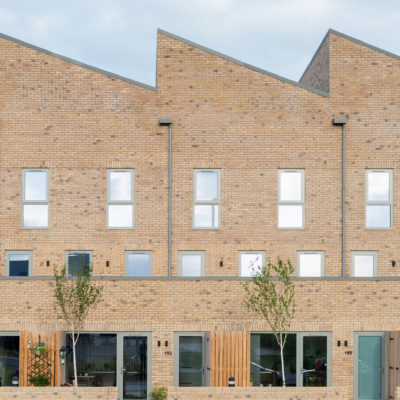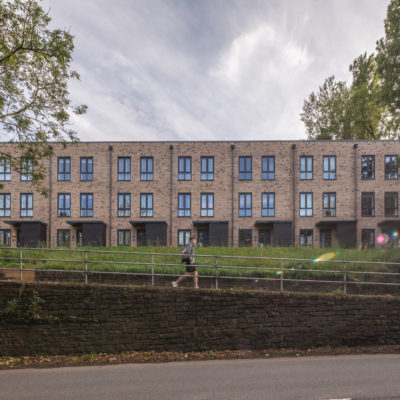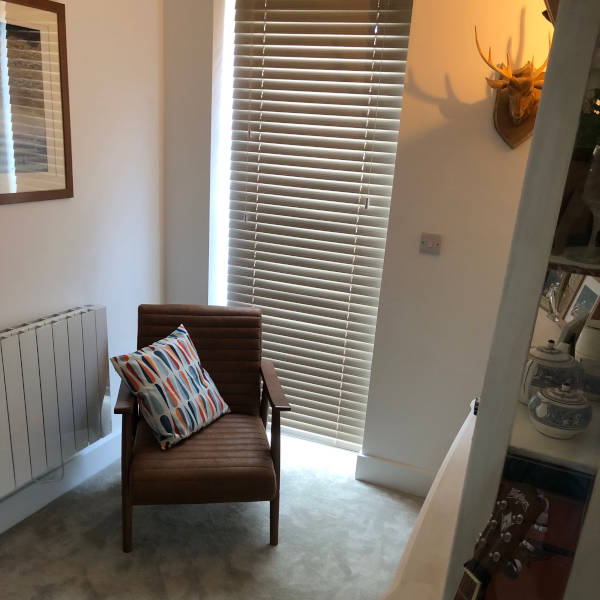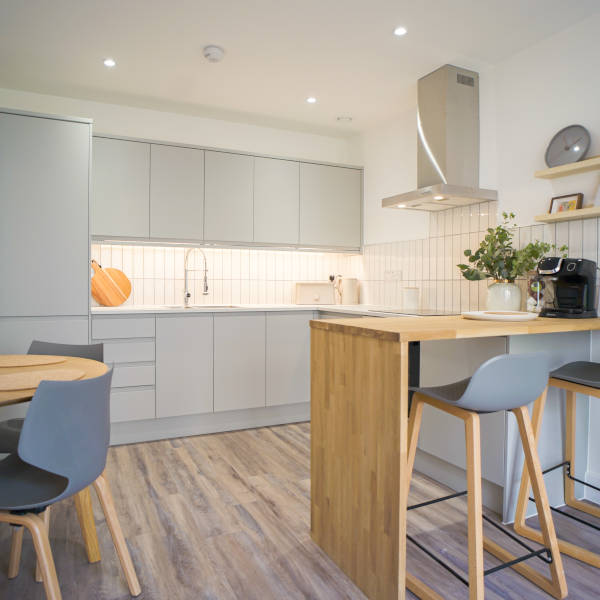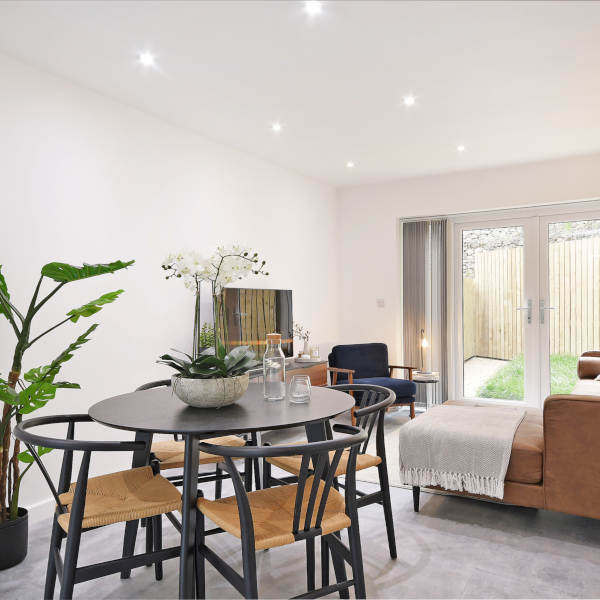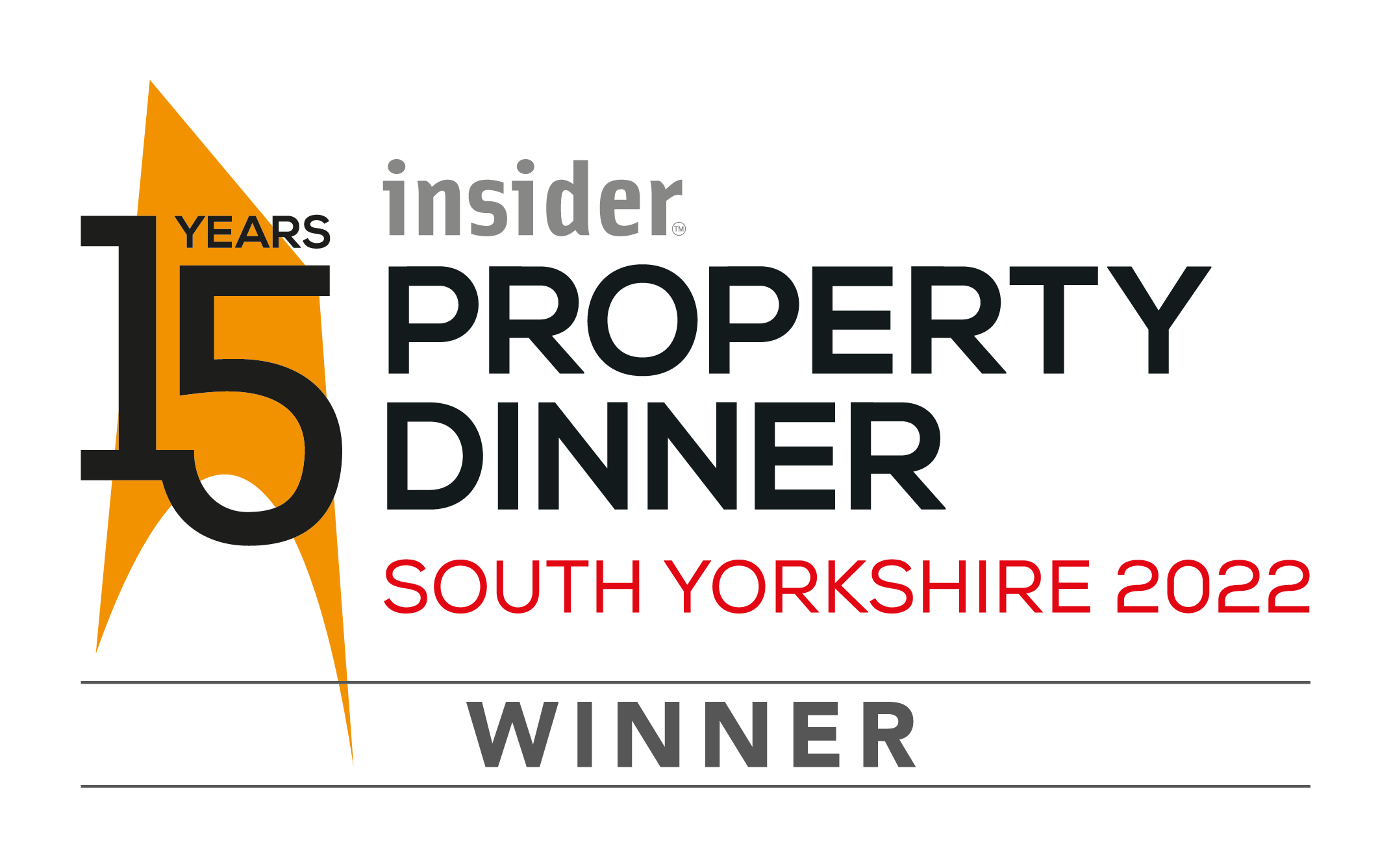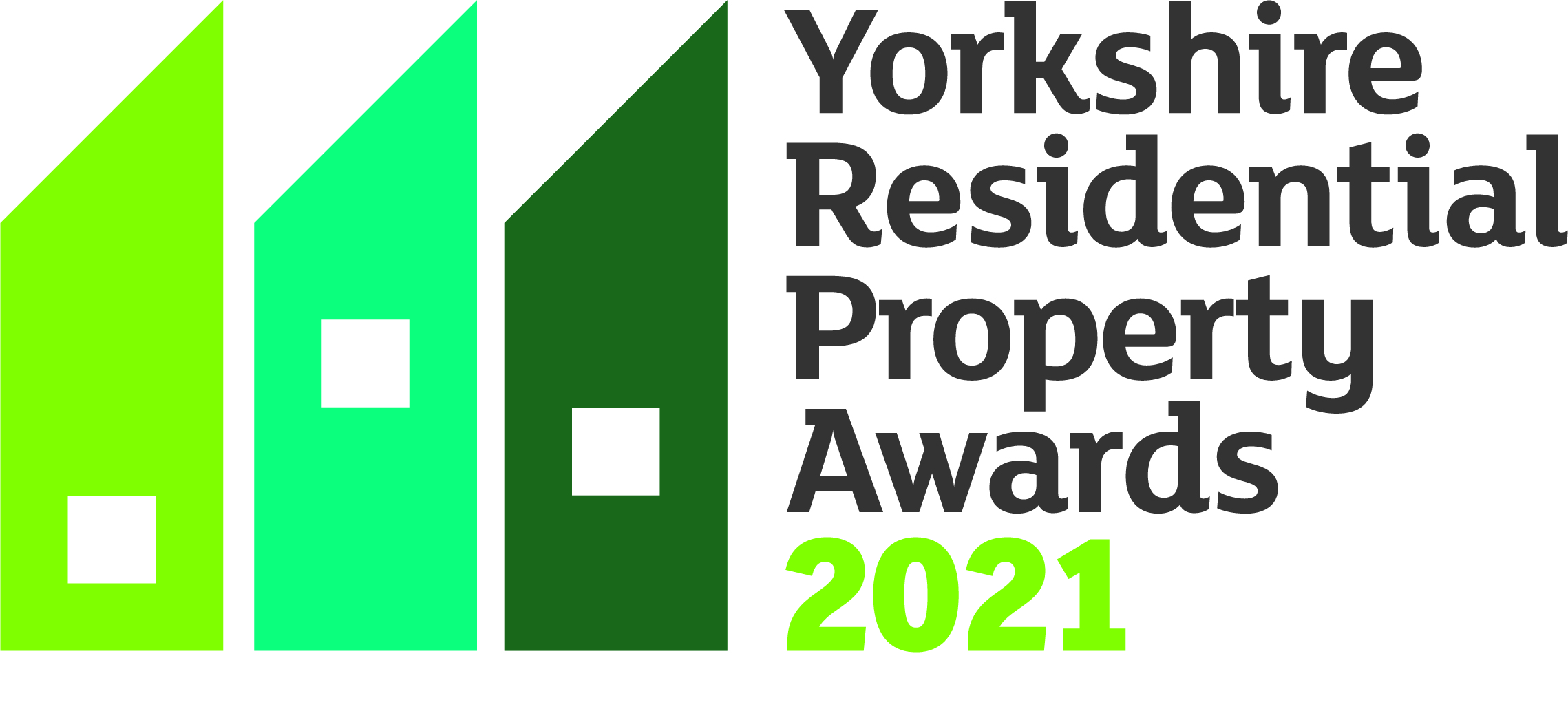How can energy efficiency benefit you: 5 key features to look out for
Understanding Energy Efficiency and Its Benefits
We often talk about energy efficiency, but what does it mean and how can it benefit you…?
An efficient home is one that reduces the need for excess energy consumption, greenhouse gas emissions and the demand for non-renewable resources. At the same time, it provides more sustainable living conditions. In contrast to period properties, new build homes are built to modern regulations with good levels of insulation, efficient heating systems and high standard double glazing. Whilst you will still be responsible for the amount of energy you use; you will find there is less need to use as much energy as you might need to in a less efficient property.
Sky-House properties are designed to increase sustainability and allow for low maintenance living. High performance levels, the potential to save on energy bills and reduced energy consumption will ultimately benefit both you and the planet. We’ve created a list below of key features to look out for when buying a home, to make sure energy efficiency is factored into your decision when buying a home…
1. AIR TIGHTNESS
With a greater amount of wall, floor and roof insulation, a home demonstrating air tightness will help to reduce energy bills by keeping the warm air in and cold air out.
2. SOLAR ENERGY
Wherever possible, all our homes are fitted with solar panels as standard, and an increasing number of housebuilders are following suit. Solar panels generate free energy from the sun which then supplements the energy being used in the home. If appliances are used during daylight hours when the solar panels are generating energy, they can greatly reduce energy bills, particularly between April and August in the UK.
3. SAP/EPC RATING
This one is a little more hefty, so bear with us…
‘SAP’ rating refers to the Standard Assessment Procedure, which is the government’s recommended system for producing a home energy rating. The ‘EPC’ refers to the Energy Performance Certificate that is provided after the SAP is calculated and tells you how energy efficient a building is. The SAP chart has 7 bands ranging from A-G and each shows a current and potential rating out of a maximum of 100 points. The higher the rating the more energy efficient a home is and the lower the energy bills will be. For properties in England and Wales, the average energy rating is D and the average energy score is 60. Our average rating is B with an average score of 82 across our house types.
4. INDOOR HEAT PUMPS
Properties fitted with indoor heat pumps and heat exchanges will convert waste heat energy from your property into low-cost, renewable hot water using 70% less energy than a standard hot water system.
5. UPVC/ALUMINIUM WINDOWS
All double-glazing is argon filled and achieves a U-value of 1.3w/m2k. They also provide excellent window and door security and require less maintenance than timber window frames. Ultimately, these windows will help retain heat and thus aid internal temperature control.
Neighbourhoods

We are proud of our neighbourhoods, which are built with care to create thriving and blossoming communities. Our homes are designed to help people live better lives.
